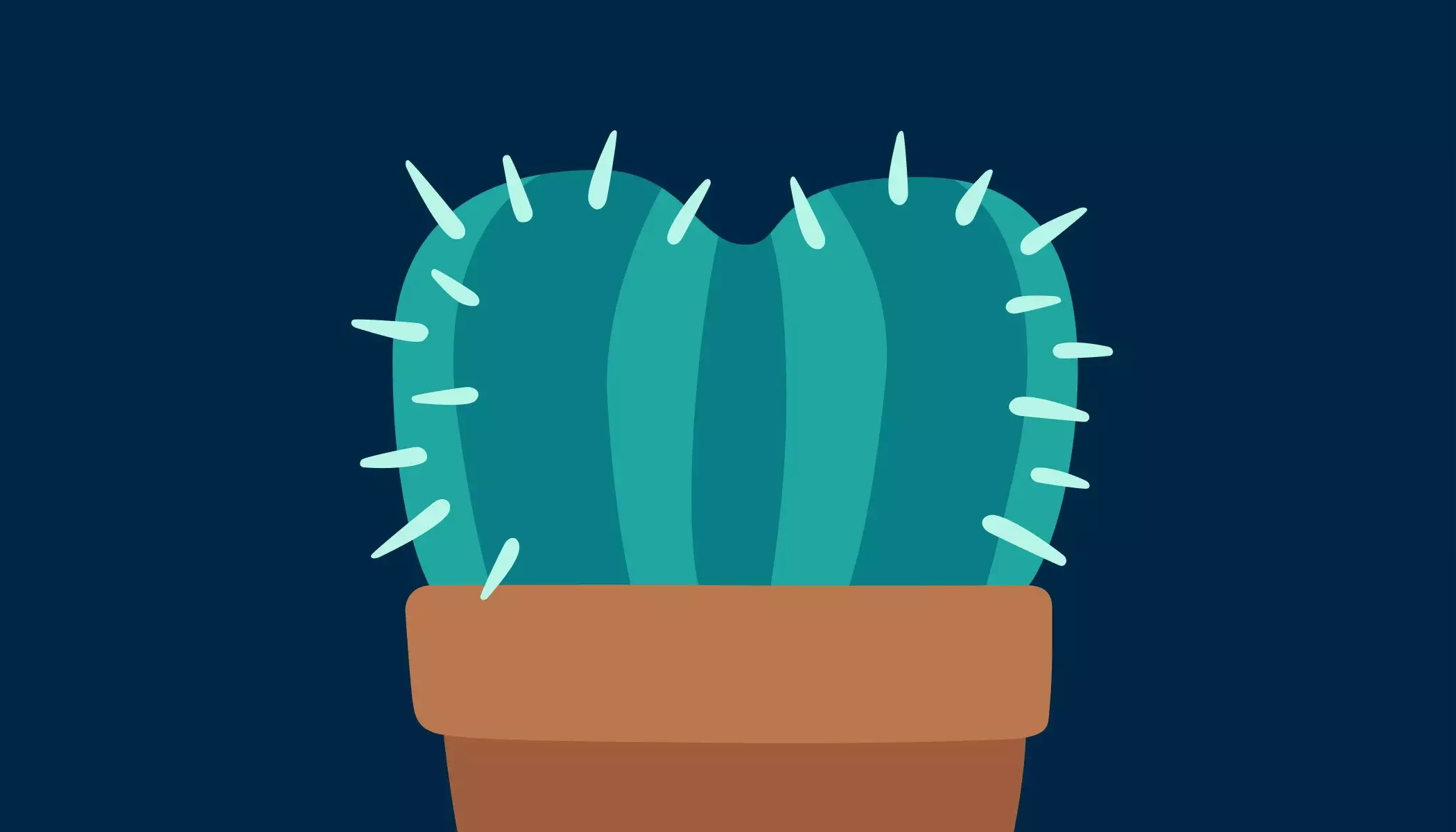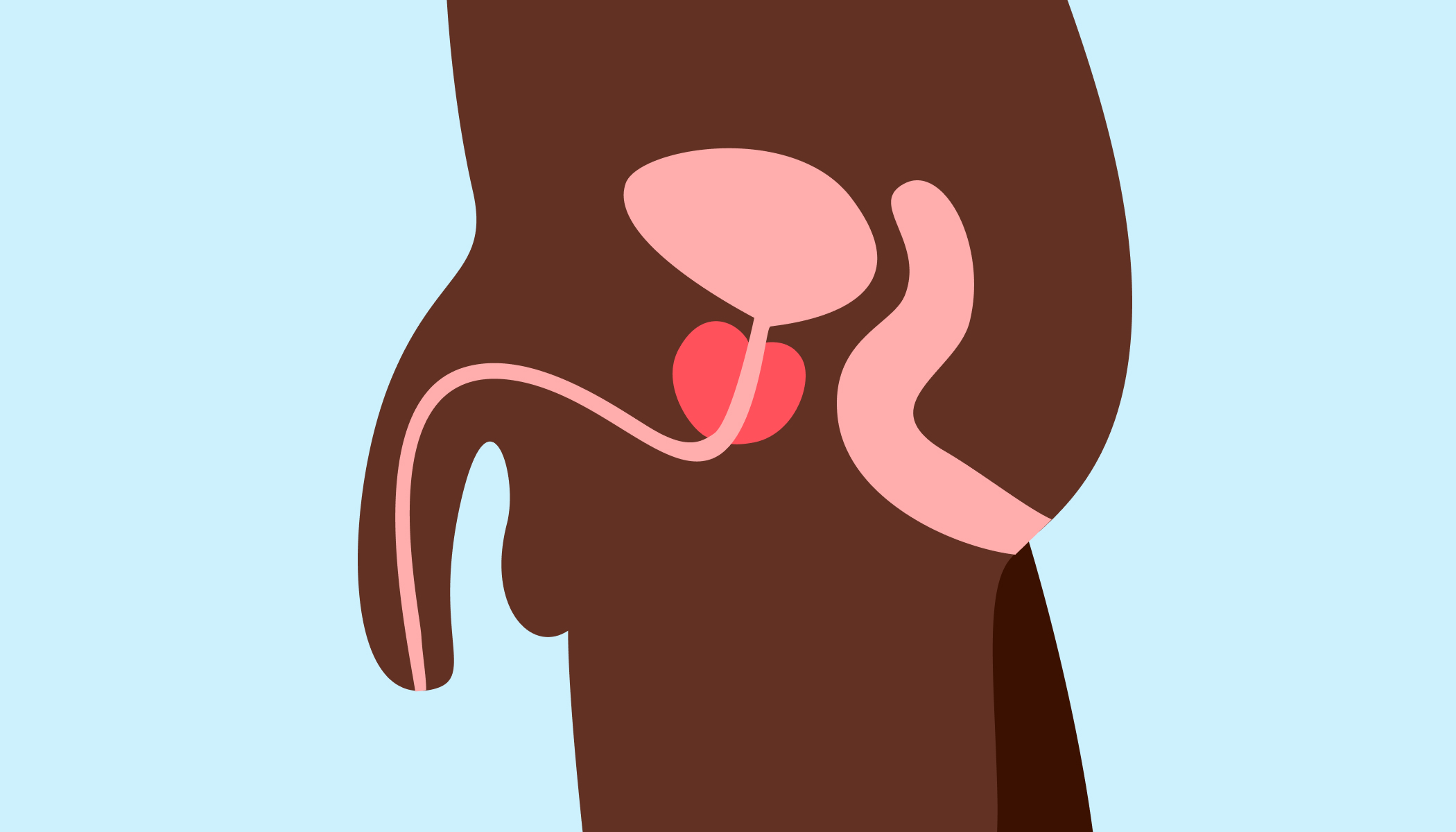Feeling itchy on or around your testicles can simply be caused by sweating in your groin area from lots of walking or being sat in a stuffy office. But there are other medical reasons that cause itching which can be easily treated.
What are the causes of itchy testicles?
Although the problem is usually benign, itchy testicles can be caused by a number of different factors.
Dryness
Dryness is the result of not enough moisture in the skin. The symptoms of skin dryness are quite varied. You may notice peeling skin on the surface layer, a rough appearance, redness or dry patches.
Symptoms of dryness are often associated with itching, a feeling of tightness in the skin and occasionally a painful or burning sensation.
Irritation
Skin irritation can be caused by several things. In some cases it may be the result of chafing, but it could also be an allergy to a chemical substance such as shower gels, soap, washing powder, fragrance or latex.
Crabs
Crabs (pediculosis pubis or phtiriasis pubis), also known as pubic lice, are classified as a sexually transmitted infection (STI). They are usually transmitted via sexual contact, infested bed linen or clothing. If they’re not treated promptly, crabs can spread to other areas of the body including the eyelashes, chest, face and armpits.
Maceration
Maceration is extremely common and is caused by excessive sweating (hyperhidrosis) and occurs mainly during the summer months, particularly in sporty or overweight people. Certain clothing like swimwear can also be a cause of maceration.
Genital thrush
Genital thrush is usually caused by a fungus called candida albicans. This fungus spreads and causes redness associated with itching, and can also cause an intense burning sensation. It can be accompanied by white discharge and a bad smell.
Genital thrush may be confined to the testicles, but can also affect the glands and cause inflammation of the penis (balantis), and even spread to the anal area or thigh.
Eczema and psoriasis
Chronic inflammatory skin diseases like eczema and psoriasis, may be specifically located in the genital area. These diseases are usually long-term but not contagious.
Scabies
Scabies is a highly contagious disease caused by a tiny parasite called sarcoptes. It penetrates the skin and reproduces there. It’s most often transmitted through direct, close or repeated contact with an infected person.
It’s also considered to be an STI because of potential contamination during sexual intercourse. Scabies-induced itching affects several areas of the body, including male genitals.
Other symptoms of itchy testicles
Pruritus is an itchy sensation of the skin or mucous membranes, triggering the need to scratch. It can affect any part of the body, including the pubic area in men. Sometimes it can spread to the thighs or anus.
There are multiple symptoms associated with itching, depending on the cause of the itch, and these can vary from one person to another. Some men only experience itching at night. Other symptoms that often accompany itching include:
- Little spots or a rash
- Redness
- Stinging
- Flaking of the outer layer of skin
- Dry patches
- Bad smell
- Pain or a burning sensation
- Changes in the colour or appearance of the skin
- Discharge
What should you do if you have itchy testicles?
If the irritation around the testicles continues and does not go away within a couple of days, or if skin lesions develop, get medical advice from a GP. They can recommend a treatment or refer you to a dermatologist.
The right treatment depends on what’s causing your symptoms. In the case of an STI, a complete check-up should be performed and generally, all sexual partners should seek treatment.


